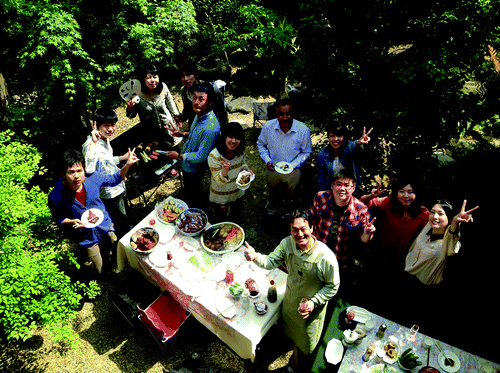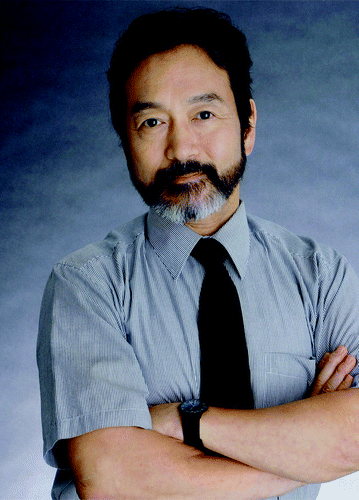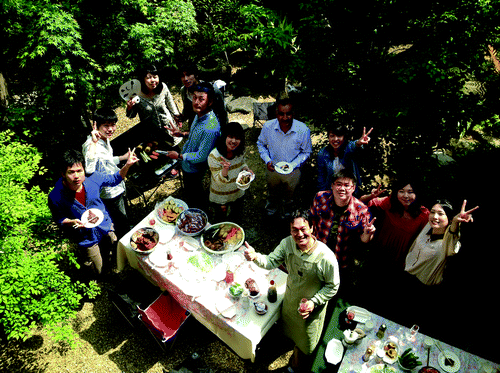Figures & data
Figure 1. Caenorhabditis elegans contributes to our study as to whether the nutrition could modify host defense to resist against infection and senescence.

About Dr Yoshikazu Nishikawa. Dr Yoshikazu Nishikawa graduated from Veterinary College at the Osaka Prefecture University in Japan. He then studied as a graduate student in the Laboratory of Veterinary Surgery at the Graduate School of Agriculture. While he investigated the effects of the estrous cycle on purulent endometritis in animals, his interests started tending toward bacteriology than clinical practice. After getting his PhD, he served as a researcher to investigate outbreaks of foodborne infectious diseases at Osaka City Institute of Public Health and Environmental Sciences from 1985 to 1999. In 1992, he got a chance to spend one year as a visiting fellow at Central Public Health Laboratory, UK. He is currently the professor and councilor of Osaka City University, and the councilor of Japanese Society for Bacteriology, Japanese Society of Food Microbiology, Japanese Society for Food Hygiene and Safety, and Japanese Society of Nutrition and Food Science. He is an associate editor of Microbiology and Immunology and the Japanese Journal of Food Microbiology, and serves on the editorial board of Virulence. He has had a laboratory at the Department of Food and Nutrition, Osaka City University since 1999. In that time, he has studied not only bacteria but also effects of nutrition and senescence on host defense. Using Caenorhabditis elegans, he first succeeded showing that lactic acid bacteria could bring longevity to metazoan, first hypothesized by the Nobel laureate Metchnikoff in 1907.

